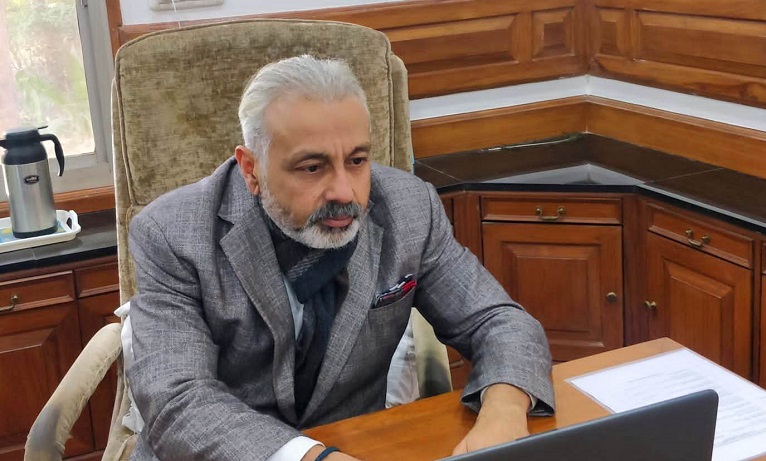Transform for Tomorrow-Learning Social & Emotional Skills
How often do we become consciously aware of the feelings and perspectives of those with whom we interact on a daily basis, whether they are familiar or strangers?
In today’s increasingly diverse world, the classroom is often the first place where students are exposed to people from a variety of different backgrounds, beliefs, and abilities. Social and emotional learning (SEL) aims to help students better understand their thoughts and emotions, become more self-aware, and develop more empathy for others in their community and the world around them in order to account for these differences and help put all students on an equal footing to succeed.
Here’s what Anoop Bishnoi, Chairman of The Doon School, Dehradun, has to say about why social and emotional learning is essential for students. He says, “Future jobs will surely demand SEL skills as well as the ability to adapt to change.
As we have seen and experienced, there has been a greater emphasis on our students’ and our own mental health and wellness. Dealing with changes in our schools and the world has required us to make adjustments and develop or improve our social-emotional skills in order to work through the challenges in our personal and professional lives.”
It Is undeniable that society as a whole will live with the feeling of having the world at their fingertips! It is precisely for this reason that it is necessary to be socially and emotionally adjusted in order to coexist with so many similarly gifted or talented people around oneself.
Adding to his point, Anoop Singh Bishnoi further explained how schools should rather introduce SEL as a way of life. He added, “Social skills can be strengthened through interactive activities, exposure to simulations or real-life experiences outside of school or classrooms, and involvement in community service programs. Assigning more independent research work and tasks can also help to develop social responsibility.
Emotional skills can be strengthened by having guidance sessions with school counselors, implementing peer-to-peer programs, or simply having more cultural programs, fetes, or fests with themes and bonding.”
Developing social awareness, like all social-emotional skills, will not be a linear process. Children will face challenges along the way, and it will take practice to be aware of those around us, their feelings, and their perspectives. Practice also leads to the ability to form strong relationships and make sound decisions.



Beautifully thoughts...
ReplyDeleteChildren thrive. Schools win. Workplaces benefit. Society strengthens. All due to social-emotional learning.